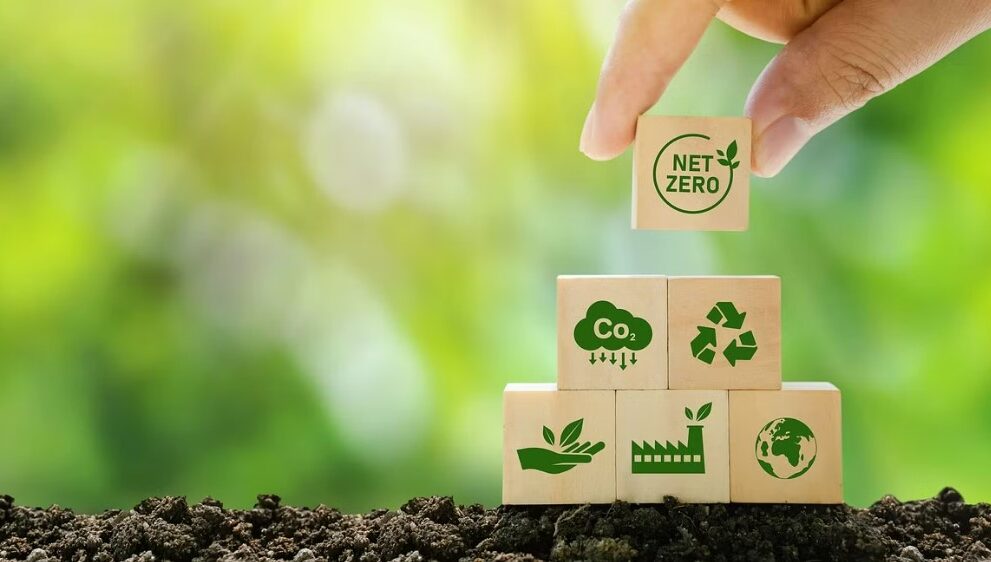Government Intensifies Commitment To Renewable Energy In Pursuit Of Net-Zero Targets

Moving towards its goal of net zero emissions by 2070 the government stated a viability gap funding for harnessing offshore wind power to the tune of 1GW
In her interim budget presentation on Wednesday, Finance Minister Nirmala Sitharaman presented significant measures under the government’s solar initiatives, particularly highlighting the Pradhanmantri Suryodaya Yojana. This solar rooftop scheme aims to benefit 1 crore households, enabling them to claim 300 units of free energy monthly. The financial impact is substantial, as households stand to save between Rs 15,000-18,000 annually through this provision. Moreover, the scheme allows households the option to sell surplus energy back to distribution companies.
The emphasis on rooftop solarisation extends beyond mere cost savings. It presents a dual advantage by facilitating electric vehicle (EV) charging infrastructure and creating entrepreneurial opportunities. Vendors engaged in the supply and installation of solar panels are expected to find new business avenues, generating employment for workers skilled in manufacturing, installation and maintenance.
Addressing a persistent challenge in the EV sector, the government is set to expand charging infrastructure, enhancing the appeal of electric vehicles for potential buyers. Additionally, a strategic move involves introducing a payment security mechanism to encourage the adoption of electric buses. This mechanism, functioning as a fund, provides interest-free capital in the event of default in payments, thereby promoting the electrification of public transportation.
Aligning with its long-term goal of achieving net-zero emissions by 2070, the government is injecting viability gap funding into the harnessing of offshore wind power, targeting 1GW capacity. The ambitious plan aims for 10GW of offshore wind capacity by 2030. Simultaneously, the government is eyeing a decade-end target of establishing 100 metric tonnes of coal gasification and liquefaction capacity. This move is expected to contribute significantly to reducing imports of natural gas, methanoland ammonia.
Furthermore, the government is taking steps towards promoting cleaner energy usage by mandating the use of piped natural gas for domestic purposes. Additionally, it plans a phased mandatory blending of compressed biogas (CBG) in compressed natural gas (CNG) for transport purposes. These measures collectively underscore the government’s comprehensive approach to achieving its environmental and energy-related objectives.






































































































































































































































































































































































































































































































































































































































































































































































































































































































































































































































































































































































































